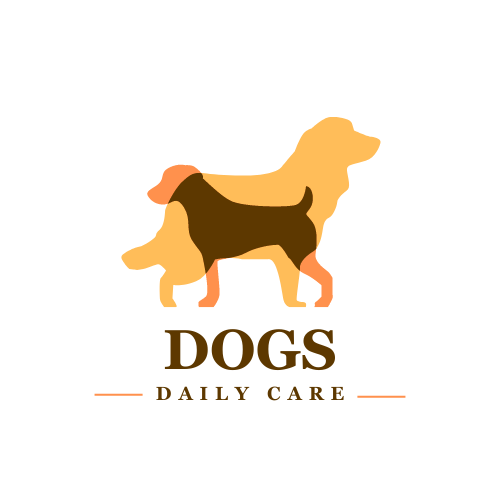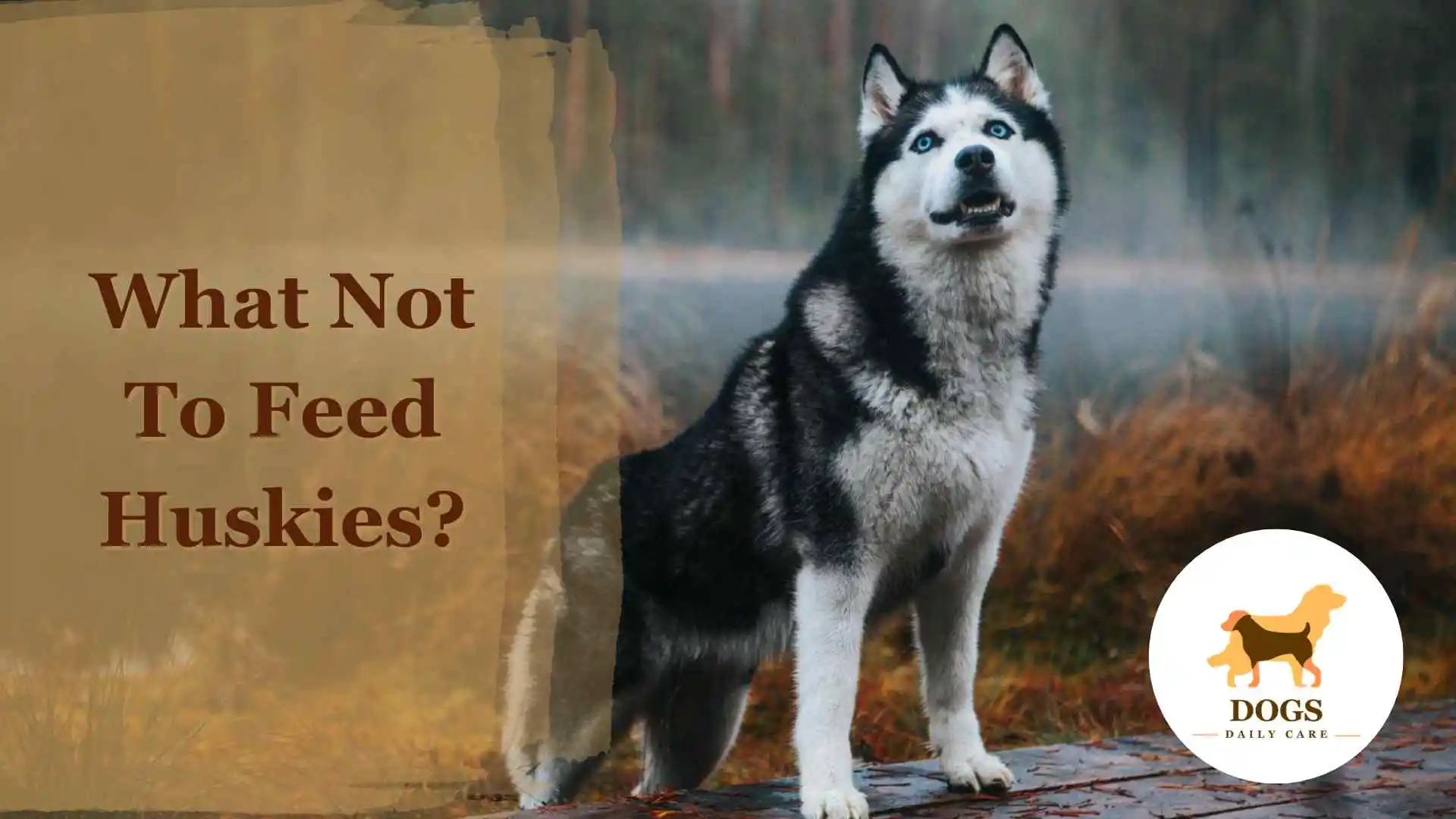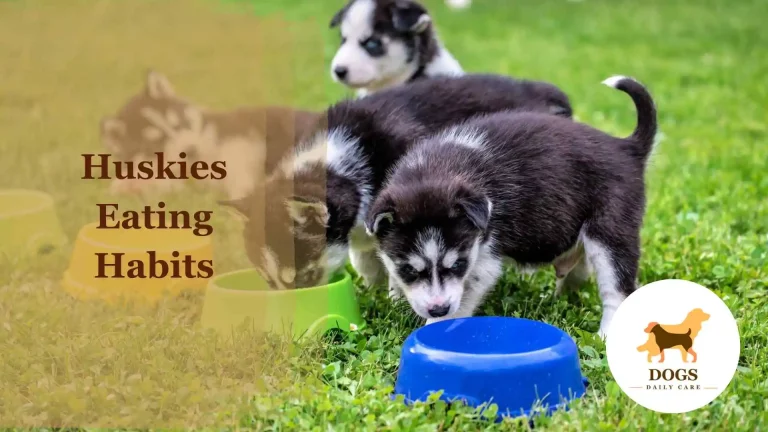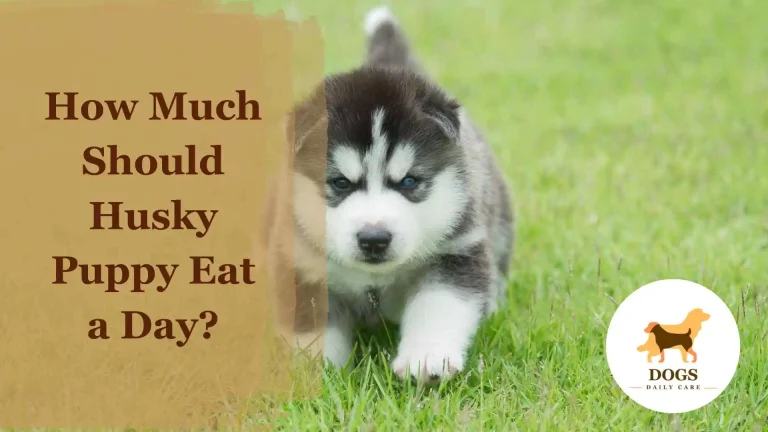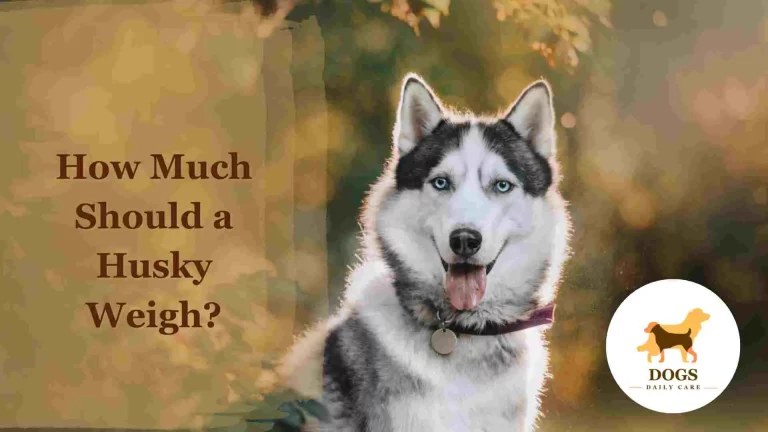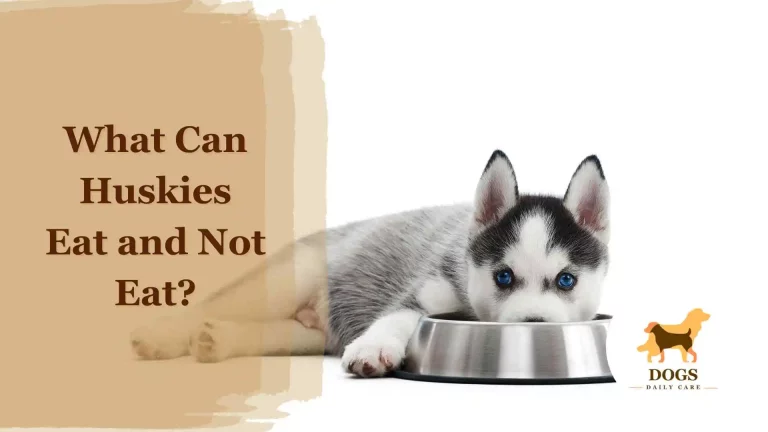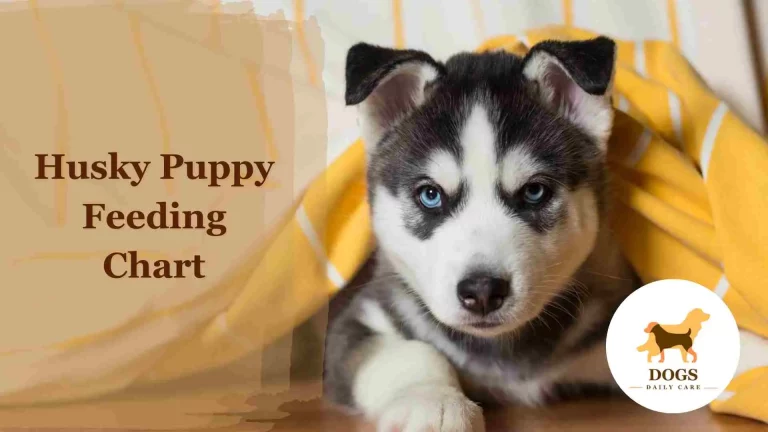What Not To Feed Huskies? – All You Need To Know
The Siberian Husky, with its striking appearance and spirited demeanor, is a favorite among dog enthusiasts. Yet, beneath those icy blue eyes and thick double coat lies a digestive system that’s unlike some other breeds. Understanding what goes into a husky’s natural diet is crucial for every husky parent, as it plays a pivotal role in ensuring their vibrant health and longevity.
In the vast Siberian landscapes from where they originate, huskies were accustomed to a diet rich in proteins and fats, primarily from fish and game. In our modern world, while we strive to provide them the best, there are certain foods that can be harmful, or even deadly, to these majestic canines. Hence, knowing what not to feed them becomes as essential as knowing their favorite treats.
This article delves into the specifics of foods that should be avoided, ensuring your husky stays as energetic and joyful as they are known to be. From everyday foods that can be lethal to misconceptions about husky diets, we’ve got you covered. Read on and equip yourself with the knowledge to keep your furry friend safe.
The Husky Diet Basics
Siberian Huskies, with their roots deeply anchored in the cold terrains of Siberia, are renowned for their incredible endurance and energy. Historically, these resilient dogs were employed as sled pullers, covering vast distances on minimal food. This history gives us a hint: the foundation of a husky’s diet is different from many other breeds.
In the wild expanses of Siberia, a husky’s diet predominantly consisted of lean meats, primarily fish and game. These provided the essential proteins and fats necessary for their high energy levels and warmth in frigid conditions. Fats are particularly crucial, acting as a concentrated source of energy. While carbohydrates aren’t a significant part of their native diet, they can be included in moderation in a modern husky’s meals. However, it’s the quality and source of these carbs that matter; whole grains and vegetables are preferable to fillers and processed sources.
Today, many commercial dog foods offer balanced nutrition tailored for huskies, taking into consideration their unique dietary needs. But, as with all breeds, not every food item we humans consume is safe for them. While we might be tempted to treat our furry pals with table scraps or the occasional snack, it’s vital to be discerning. Some of these foods can cause severe health issues or even prove fatal. So, as we navigate the maze of husky nutrition, knowing what to avoid is just as paramount as knowing what to include.
Foods Huskies Should NEVER Eat
Every dog owner wants to pamper their canine companion now and then. However, for Siberian Huskies, some seemingly harmless treats can be a silent danger. Let’s delve into the foods that should always be off the menu for your husky.
Chocolate
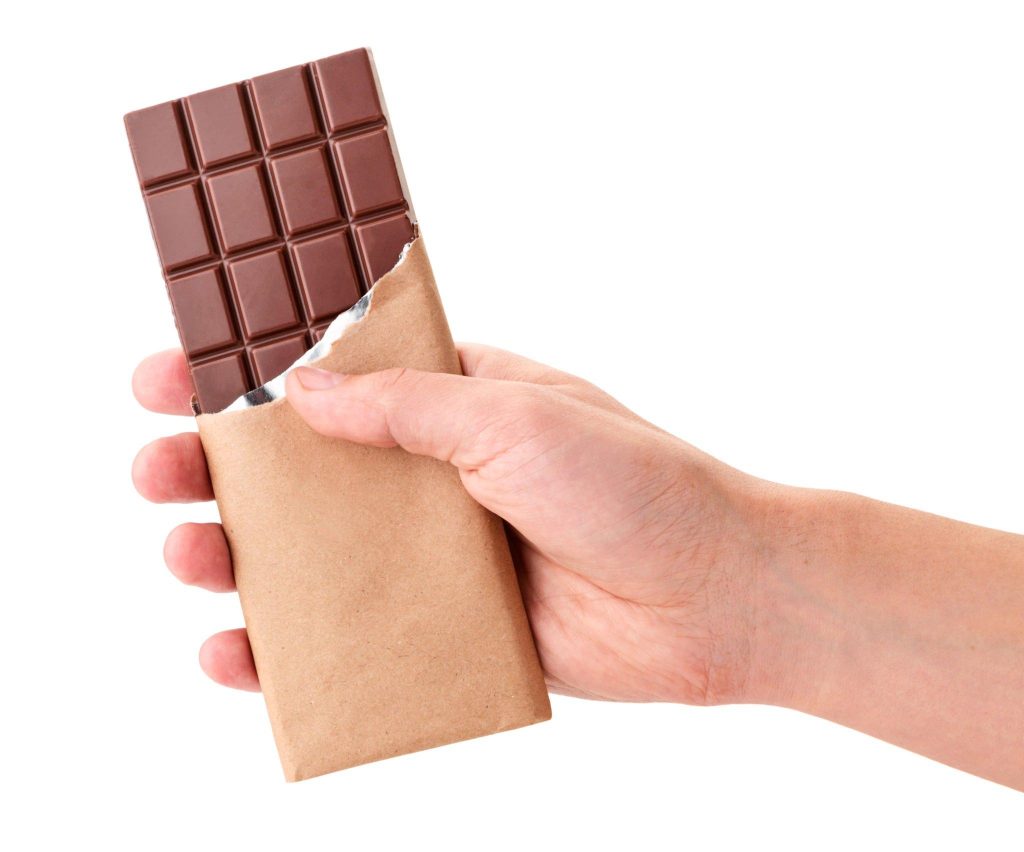
A well-known danger in the canine world, chocolate contains theobromine and caffeine. For huskies, even small amounts can be toxic. Symptoms like rapid breathing, seizures, and even cardiac arrest can manifest in severe cases. Always store your chocolate stash out of their reach.
Grapes and Raisins
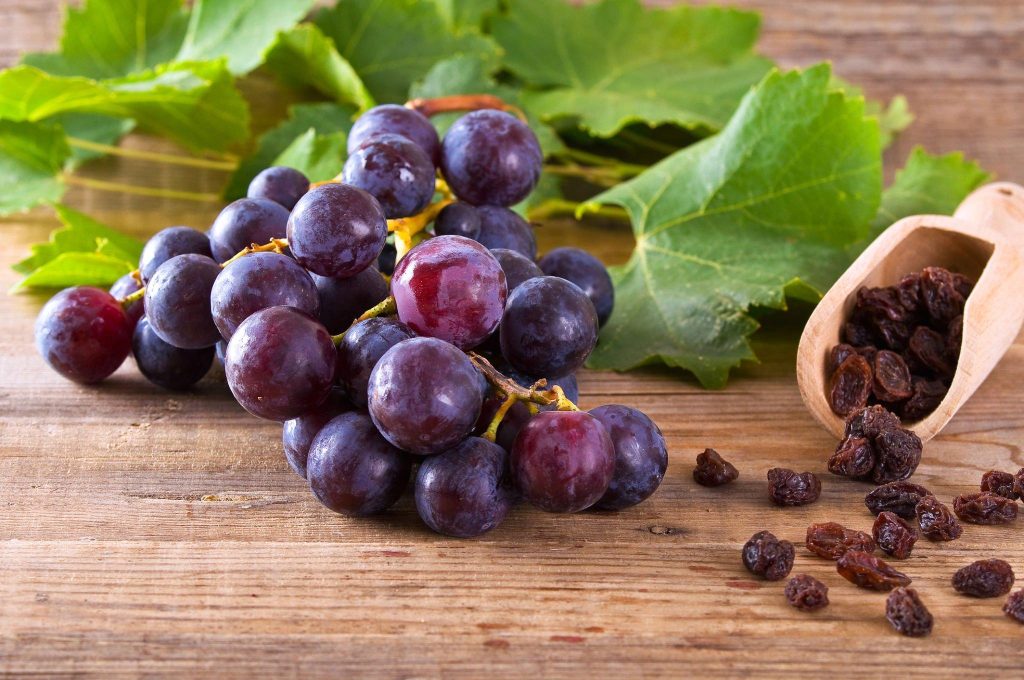
The exact reason remains a mystery to veterinarians, but even a handful of grapes or raisins can cause sudden kidney failure in huskies. Watch for signs like vomiting or lethargy if they ever consume any.
Onions and Garlic
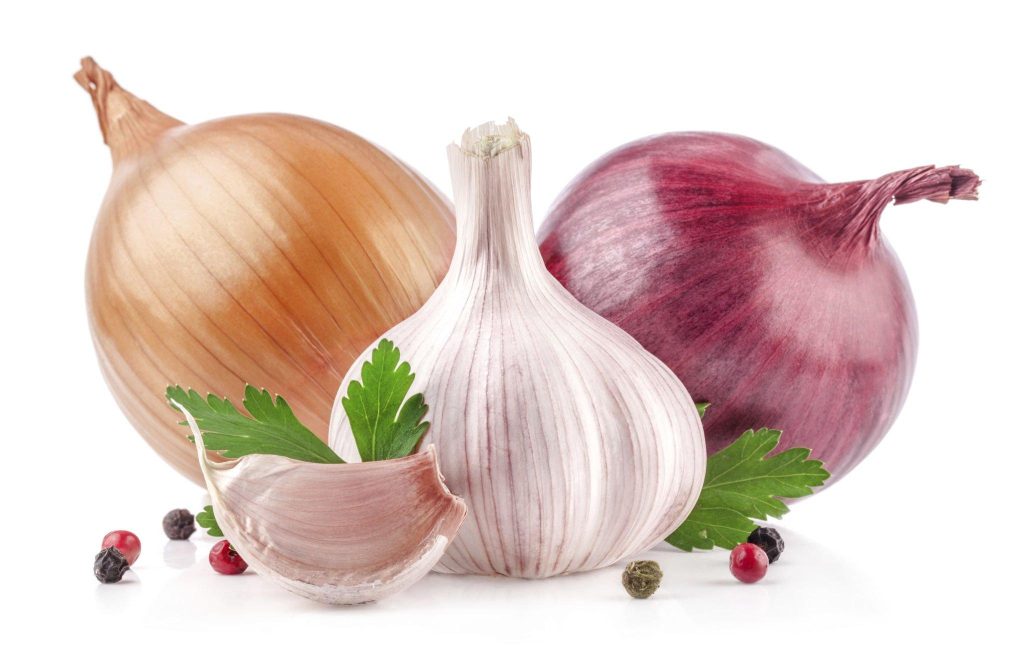
These kitchen staples might add flavor to our dishes, but they can wreak havoc on a husky’s system. Compounds in them can lead to hemolytic anemia, a condition where red blood cells are destroyed, leading to weakness and breathing difficulties.
Xylitol
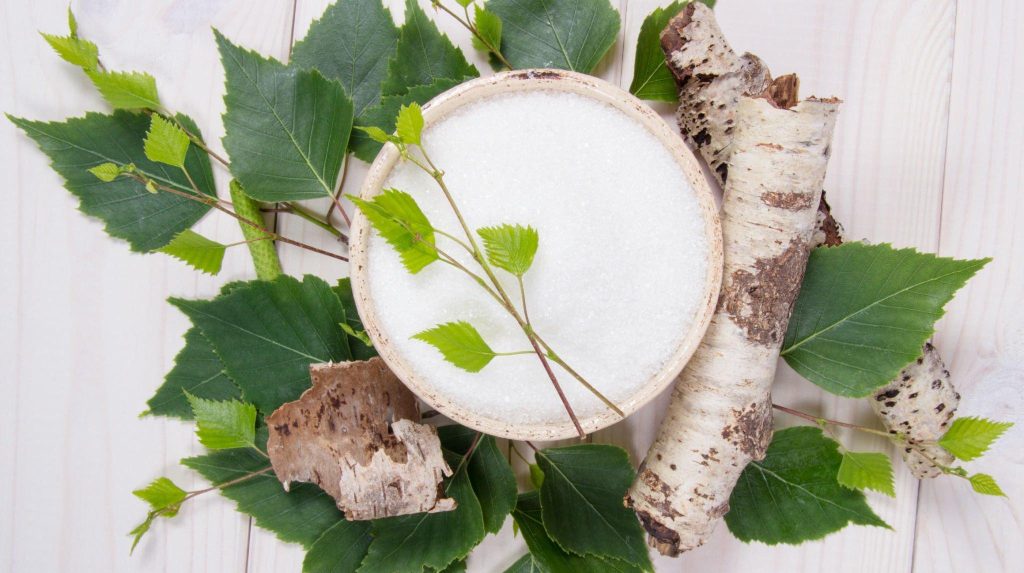
Found in many sugar-free products, xylitol can cause insulin to spike dramatically in huskies, leading to hypoglycemia (low blood sugar). Symptoms can include vomiting, loss of coordination, and even seizures.
Alcohol

It might seem obvious, but it’s worth noting. Alcohol can be severely toxic to huskies, leading to vomiting, disorientation, and in extreme cases, coma or death.
Caffeine

Just like chocolate, products containing caffeine – think coffee or some painkillers – can be lethal. Rapid heart rate, tremors, and restlessness are tell-tale signs of caffeine poisoning.
For every husky owner, knowledge is the first line of defense. By being informed and vigilant about these foods, you’re taking a pivotal step in ensuring the health and happiness of your Siberian companion. Remember, when in doubt, always consult with a veterinarian about any food or treat you’re considering for your husky.
Foods to be Cautious About
While there are certain foods that Siberian Huskies should never consume, there’s another list that falls into the gray area. These are foods that might not be immediately lethal but can cause discomfort, allergies, or long-term health issues if fed regularly or in large quantities.
Dairy Products
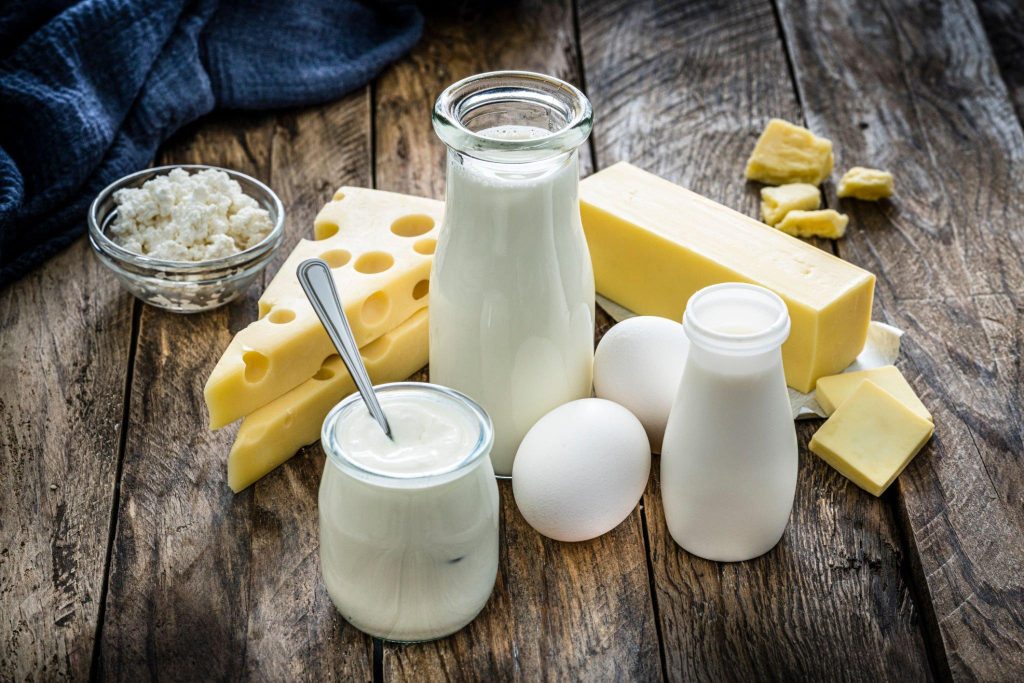
Huskies, like many dogs, can be lactose intolerant. While a little bit of cheese or yogurt might be okay occasionally, larger quantities can lead to upset stomachs, diarrhea, and gas. Always monitor for adverse reactions when introducing any dairy to their diet.
Nuts, especially Macadamia Nuts
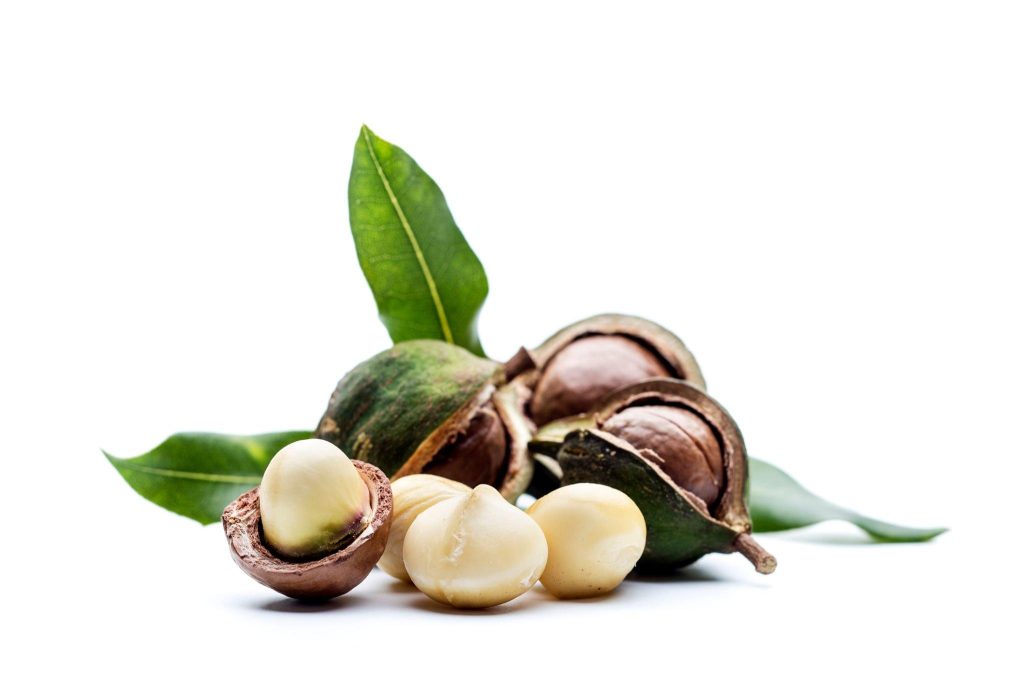
While some nuts can be a good source of fats, they should be given in moderation. Macadamia nuts are particularly dangerous for huskies, causing symptoms like vomiting, increased temperature, and limb weakness.
Raw Meat and Eggs
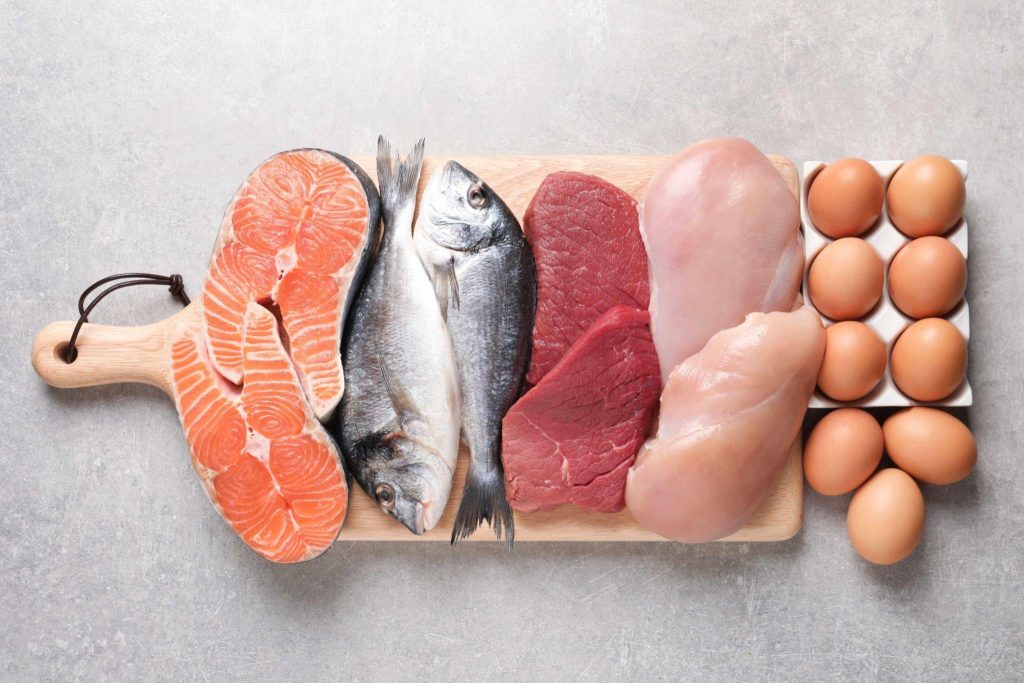
While some pet parents swear by a raw diet, it’s essential to note that raw meat and eggs can contain bacteria like Salmonella or E. coli. If you’re considering a raw diet for your husky, consult with a veterinarian to ensure it’s balanced and safe.
Bones
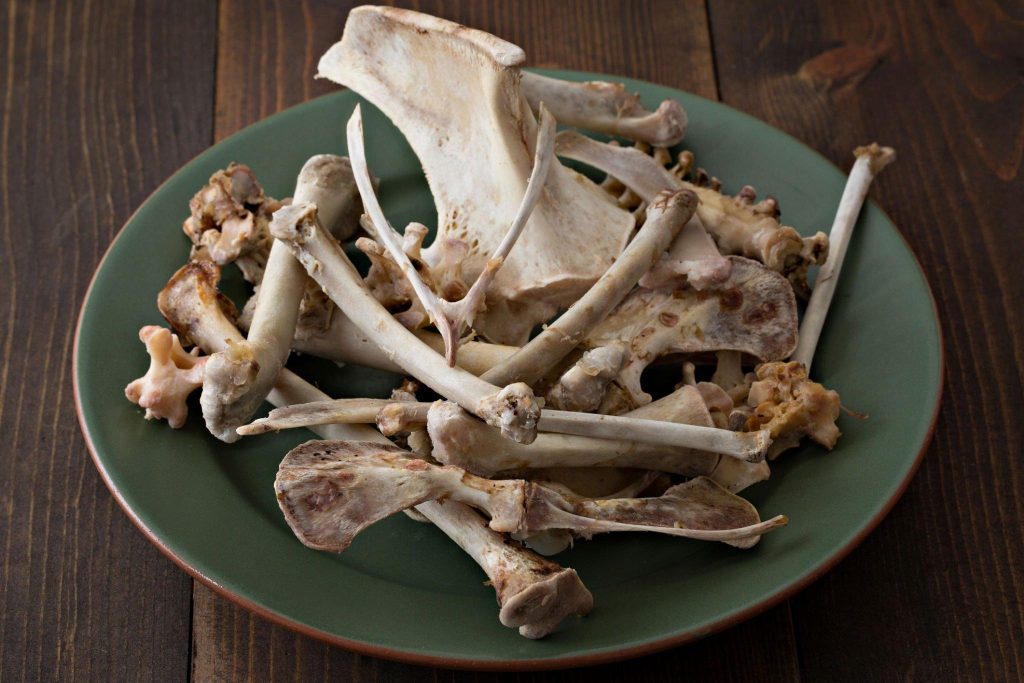
While it might seem natural to give dogs bones, they can pose a choking hazard, especially if they splinter. Cooked bones are particularly dangerous as they’re more likely to splinter than raw ones. Always supervise your husky if you decide to treat them with a bone.
Navigating the dietary needs of your Siberian Husky might seem daunting, but armed with the right knowledge, it becomes a manageable task. The key is always to be observant, conduct thorough research, and seek expert advice when in doubt. Remember, a well-fed husky is not just about the quantity but, more importantly, the quality of their diet.
Common Misconceptions About Husky Diets
The world of canine nutrition is rife with myths and misconceptions, especially when it comes to specific breeds like the Siberian Husky. Clearing up these misconceptions is crucial, as they can inadvertently lead to dietary mistakes. Let’s debunk some of the most common myths about husky diets:
Huskies Need a High-Carbohydrate Diet
Originating from the chilly terrains of Siberia, huskies historically thrived on a diet rich in protein and fats. While they can digest carbohydrates, it shouldn’t be the primary component of their meals. Quality sources, like whole grains and vegetables, are preferable.
Huskies Eat A Lot Due to Their Energy Levels
Despite their high energy levels, huskies are surprisingly efficient metabolically. Overfeeding can lead to obesity, a growing concern among pet huskies. It’s essential to balance their intake with their activity levels.
Raw Meat Diets are Best for Huskies
While some owners advocate for raw diets, it’s not a one-size-fits-all solution. Raw meats can carry risks like bacterial contamination. It’s crucial to consult with a veterinarian before making significant diet changes.
Commercial Dog Foods are Bad for Huskies
Quality varies among brands, but many commercial dog foods are formulated to provide a balanced diet for specific breeds, including huskies. It’s about finding the right brand that prioritizes real ingredients without unnecessary fillers.
Understanding the Siberian Husky’s dietary needs requires sifting through a mix of facts and myths. The key is continuous learning and prioritizing your husky’s health above all. When you base your decisions on accurate information and expert advice, you pave the way for a happier, healthier husky.
Frequently Asked Questions (FAQs) About Husky Diets
Navigating the complex world of Siberian Husky nutrition can raise numerous questions for even the most seasoned dog owner. To help you make informed decisions, we’ve compiled and answered some of the most commonly asked questions about husky diets.
1. Can huskies eat fruits like apples or bananas?
Yes, many huskies enjoy fruits like apples and bananas as occasional treats. However, always remove seeds from apples as they can be toxic. As with any treat, moderation is key, and it’s always best to introduce new foods gradually.
2. How often should I feed my adult husky?
Adult huskies typically thrive on two meals a day – one in the morning and one in the evening. Puppies might require more frequent meals. Always ensure you’re feeding the recommended amount based on weight and activity levels.
3. Are grain-free diets good for huskies?
Grain-free diets have become popular, but they aren’t necessary for most huskies. If your husky doesn’t have a grain allergy or sensitivity, whole grains can be a healthy part of their diet. Always consult with a veterinarian before making significant dietary changes.
4. Why does my husky eat grass? Is it safe?
It’s not uncommon for dogs, including huskies, to eat grass occasionally. While the exact reason is unknown, some believe it’s a natural behavior or aids in digestion. Generally, it’s safe unless the grass has been treated with pesticides or chemicals.
5. My husky is gaining weight, what should I do?
Weight gain can be due to overfeeding, lack of exercise, or underlying health issues. Review your husky’s diet, ensure you’re not overfeeding, and increase their physical activity. If the problem persists, seek advice from a veterinarian to rule out potential health concerns.
As you journey through the world of husky nutrition, questions will inevitably arise. Continual learning and seeking expert advice ensure that your Siberian Husky receives the best care possible.
Conclusion
The Siberian Husky, with its boundless energy and mesmerizing gaze, isn’t just another pet; for many, they are a cherished family member. As responsible husky parents, understanding and catering to their unique dietary needs is paramount. Armed with accurate knowledge, dispelling myths, and being ever-watchful of foods that can harm them, we can ensure our huskies lead vibrant, healthy lives.
In the ever-evolving realm of canine nutrition, it’s essential to stay informed and consult experts when in doubt. Every meal, every treat, every dietary choice shapes the wellbeing of our huskies. Let’s pledge to make those choices wisely, prioritizing their health and happiness at every turn.
